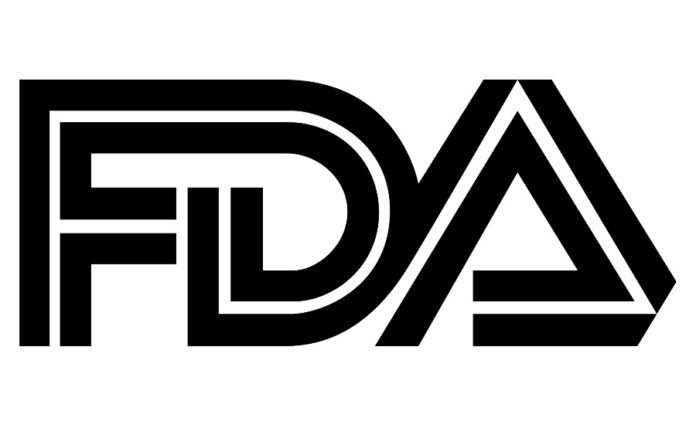FDA Approves Omalizumab for Nasal Polyps
The approval comes after the completion of 2 studies, POLYP 1 and POLYP 2.

The US Food and Drug Administration (FDA) today approved a supplemental Biologics License Application for omalizumab for the add-on maintenance treatment of nasal polyps, according to an announcement by Novartis.
The approval of the injectable biologic is for patients at least 18 years old with inadequate response to nasal corticosteroids. Nasal polyps can result in a loss of smell and nasal congestion and typically co-occur with other respiratory conditions such as allergies and asthma.
“This approval is welcome news for people with nasal polyps and adds to the legacy of (omalizumab) for treating multiple debilitating IgE-mediated conditions,” said Victor Bultó, President, Novartis Pharmaceuticals Corporation. “The additional indication is an important step on our path to realizing the full potential of (omalizumab) across allergic, respiratory, and inflammatory conditions and associated comorbidities.”
The FDA granted approval following the results from the Phase III POLYP 1 and POLYP 2 trials. Patients with nasal polyps who had an inadequate response to nasal corticosteroids and received omalizumab had statistically significant greater improvement from baseline at week 24 in Nasal Polyp Score (NPS) and weekly average Nasal Congestion Score (NCS) than those who received placebo. Those included in the study received background nasal mometasone therapy during the treatment period and a five-week run-in period.
In the 2 studies, the mean change from baseline at week 24 for omalizumab compared to placebo were: NPS, -1.1 vs .1 (95% CI; -1.6, -.7) and -.9 vs -.3 (95% CI; -1.1, -.1); NCS, -.9 vs -.4 (95% CI; -.8, -.3) and -.7 vs -.2 (95% CI; -.8, -.2).
There were no new or unexpected safety signals identified in patients treated with omalizumab. More than 95% of patients completed each safety arm for POLYP 1 and POLYP 2.
The most common adverse reactions that happened in at least 3% of patients included headache, injection site reaction, arthralgia, upper abdominal pain, and dizziness.
“The approval of (omalizumab) is welcome news for the community, providing another option to treat patients and help alleviate their symptoms,” Tonya Winders, President and CEO, Allergy & Asthma Network.